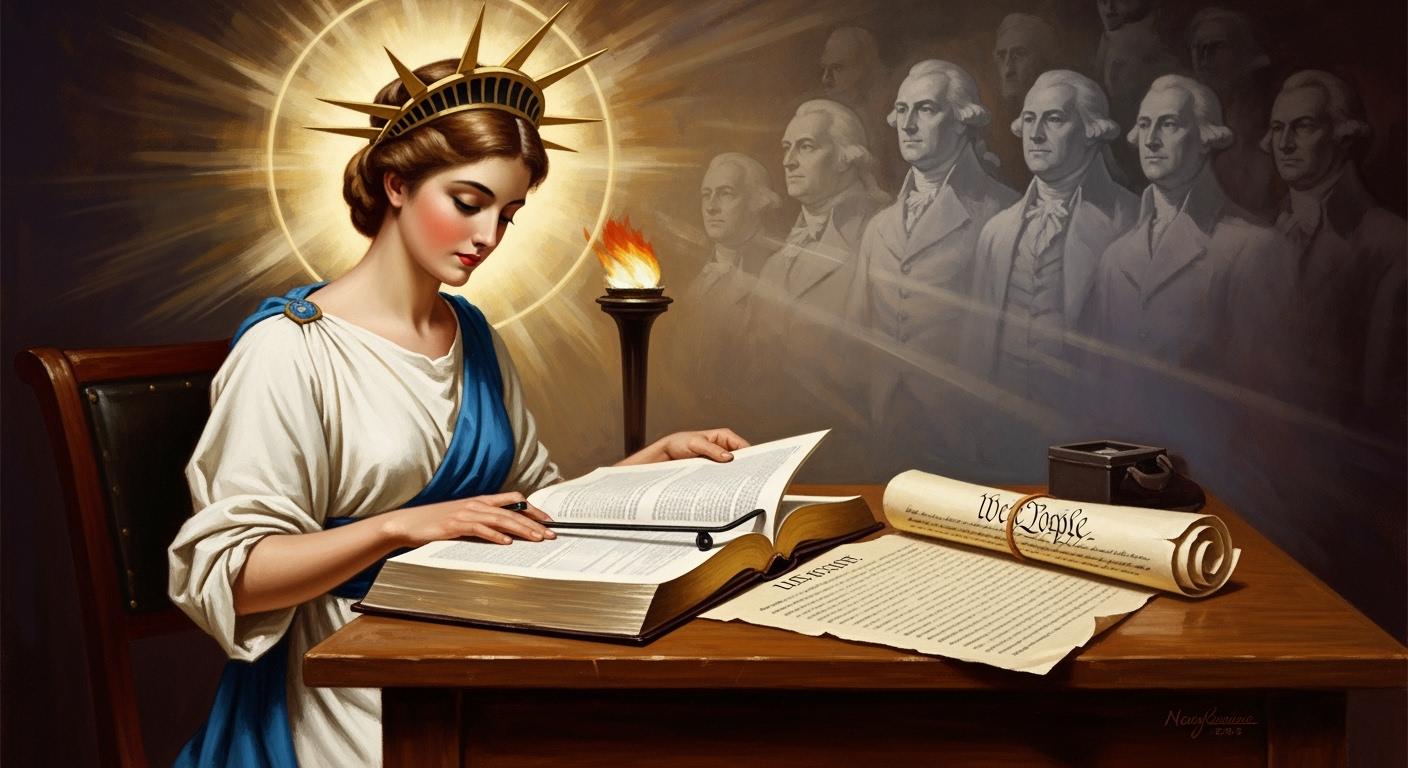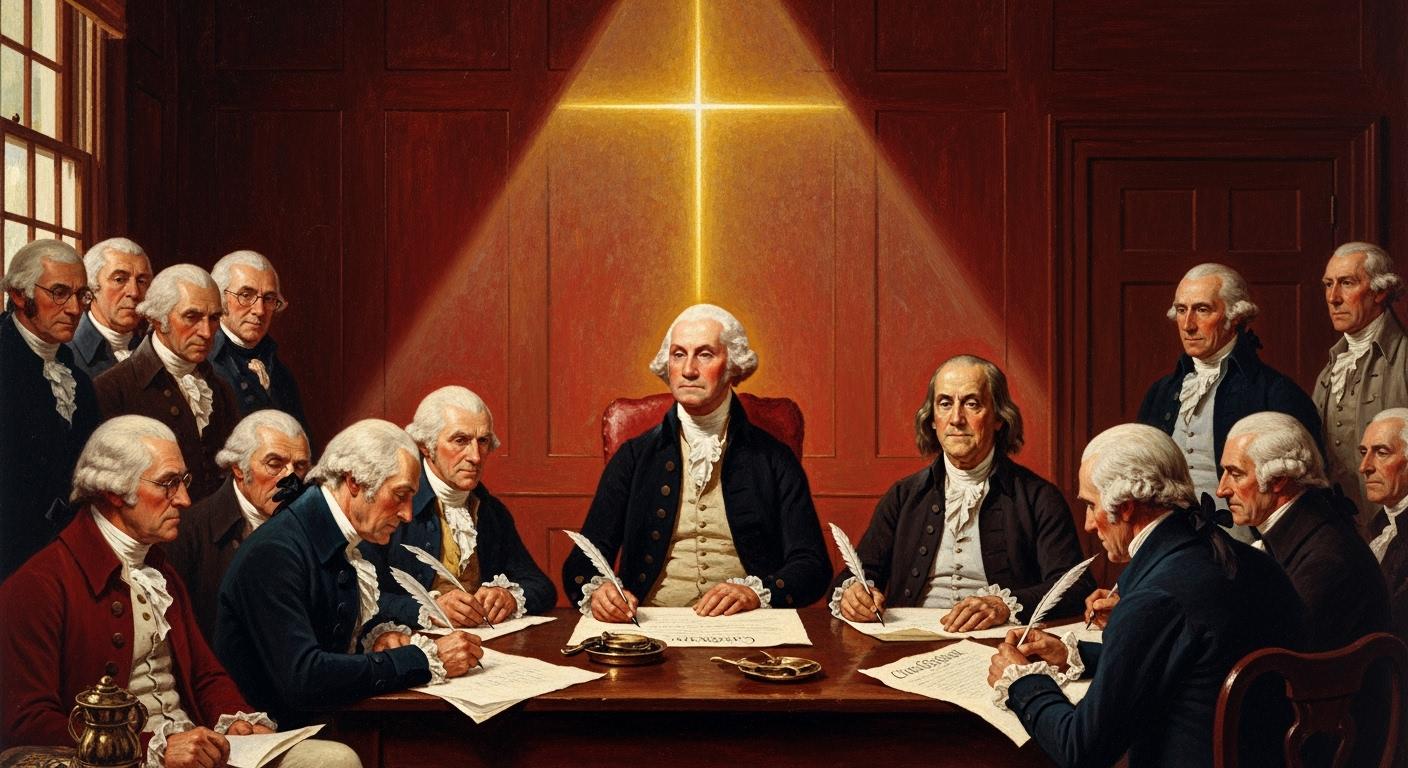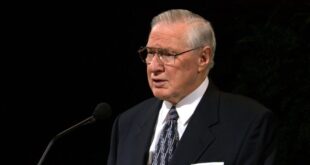To our Latter-day Saint readers: As we explore the case that America was founded as a Christian nation, we welcome the clear and faithful perspective your community brings. The Church of Jesus Christ of Latter-day Saints teaches that the founding of this country was guided by God, and that conviction fits naturally with a serious look at our nation’s Christian roots. As you consider the historical, legal, and cultural evidence below, reflect on an inspired Constitution, America’s place in God’s plan, and the witness of the Book of Mormon regarding this land as a promised land, all of which strengthen the truth that our national story rests on spiritual foundations. Your voice helps readers see the evidence with clarity, humility, and faith.
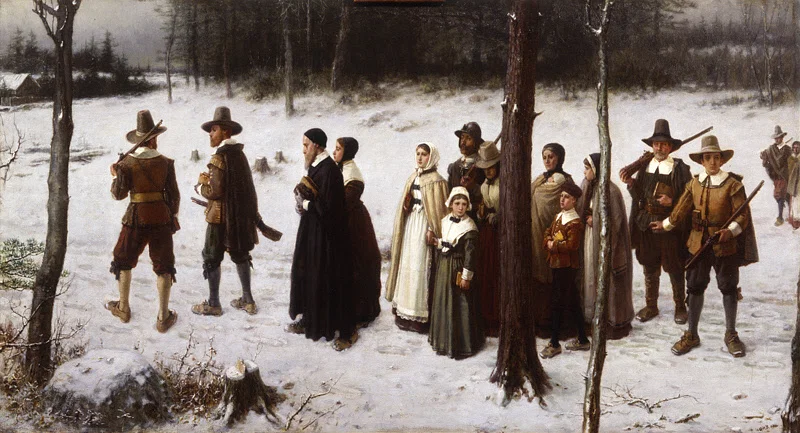
America’s Christian Heritage: A Firm Claim
In a time when many retell the past without its spiritual core, we choose to speak plainly. The United States did not grow out of a vacuum. It grew from communities that read Scripture, prayed together, and believed that character and conscience matter.
From early town charters to the language of the Revolution, Christian conviction provided the moral grammar of public life. People built schools so children could read the Bible, shaped local laws around virtue, and treated liberty as a gift that carries duty. These are not side notes. They are the melody line that holds the whole composition together.
When you trace the story forward into the framing era, the same theme remains. Leaders spoke of providence, citizens gathered for days of prayer, and the expectation persisted that freedom survives only when guided by moral truth. To remove that truth from the story is to remove the center of gravity that kept the experiment upright.
The Founding Fathers: Christians Who Shaped a Republic
A simple fact sets the record straight. Of the fifty five delegates to the Constitutional Convention, fifty three were affiliated with Christian denominations. This was a generation formed by churches, sermons, and Scripture.
For many, this was not a nominal label. George Washington spoke often of providence. John Adams taught that a republic depends upon a moral and religious people. Benjamin Franklin acknowledged a Creator who watches over nations. John Witherspoon served as both minister and statesman, teaching the next wave of leaders to join learning with piety.
Even where Enlightenment language appears, the foundations remain the same. Ideas about natural rights, justice, and law assume an Author, a Judge, and a purpose for human life. Christian faith was not an accessory. It was part of the soil that nourished the seeds of liberty.
The Constitution in Its Christian Context
Some claim the Constitution is a secular document. The text and the context tell a fuller story. The closing line places the work in time with the words in the Year of our Lord, a direct reference to the Christian calendar and to Christ. This was a normal way of speaking in that age because faith was normal in public life.
More important than a single phrase is the design that protects religious liberty without allowing state control of belief. No church is established by law, and yet the free exercise of religion is secured. That balance honors conscience and invites faith to flourish by persuasion rather than force. It is a Christian understanding of freedom at work in civil form.
The surrounding documents of the era carry the same tone. State constitutions, proclamations, and public ceremonies speak of God, virtue, and accountability. The federal charter did not erase that heritage. It created room for it to endure honorably.
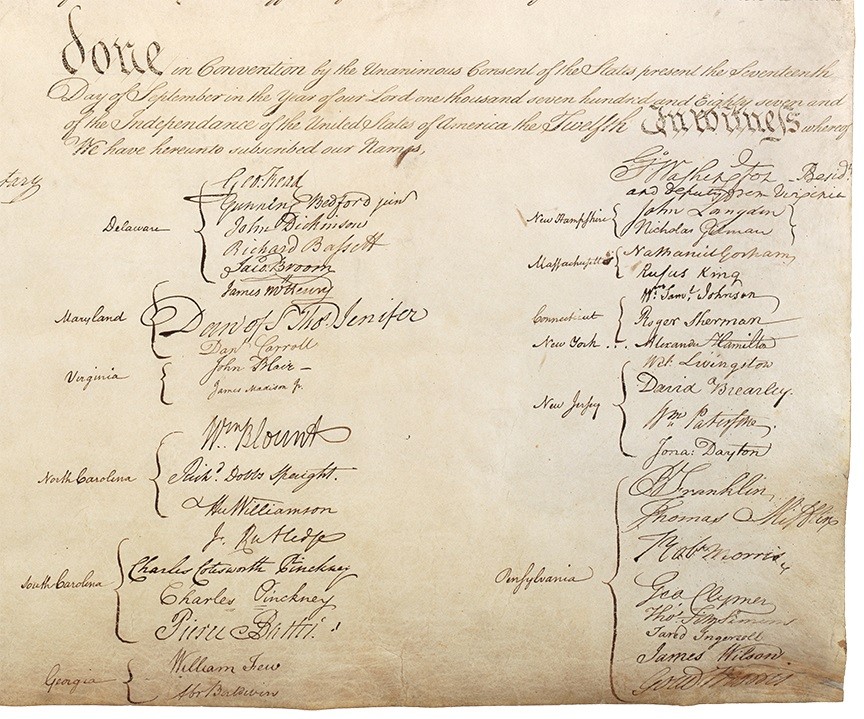
America’s Weekly Rhythm: Sunday and the Sabbath Legacy
From the start, Americans set aside Sunday for worship, rest, and family. Courts paused. Shops closed. Communities gathered to sing, pray, and listen. The habit formed hearts and homes.
That rhythm still echoes today. Government offices rest on Sunday. Many businesses follow a week that slows as the Sabbath arrives. It is more than convenience. It is a reminder that people are not machines and that souls need time to breathe.
In a noisy age, this gentle pause becomes a gift. It makes space for gratitude, reflection, and service. It keeps faith and family at the center so that work and worry do not take over everything that matters most.
Federal Holidays as Spiritual Markers
Our holiday calendar carries the testimony of a Christian heritage. Christmas honors the birth of the Savior. Thanksgiving calls a nation to thank God for mercy and provision. Even New Year’s Day and Independence Day often gather prayer and praise around civic celebration.
Holidays teach the young what a people value. Parades and quiet tables alike tell the truth that freedom and gratitude belong together. These days bind neighbors, invite worship, and keep alive the story of a nation that knows its blessings have a Giver.

The Pervasive Impact of Christianity on American Culture
Christian conviction shaped how Americans understood personhood, duty, and hope. The belief that every person bears the image of God gave strength to movements that defended life and dignity and inspired works of mercy for the poor and the sick. It guided reforms, built hospitals and schools, and framed the call to love neighbor and seek justice.
Our oldest universities began with Christian missions. Harvard trained ministers. Yale grew from the work of Congregational leaders. Princeton took root in revival preaching. Columbia started under the Church of England. Even as they changed over time, their beginnings tell the truth about how faith and learning built each other up.
Public education was never only about skills. It was about forming citizens who could read Scripture, reason about virtue, and govern themselves with wisdom. The goal was a people strong in mind and strong in character. That goal still deserves our best effort.
Early American Flags and Christian Symbolism
Symbols tell a story. The Liberty Tree flag carried a pine on a white field with the words An Appeal to Heaven. It announced to the world that when earthly powers fail to do right, a free people will petition the Judge of all the earth.
That phrase reflects a Christian understanding of justice and authority. It is not a call to chaos. It is a call to conscience. Early Americans believed liberty is a trust from God and must be defended with courage and humility.
This is why the flag flew from colonial ships and why the motto inspired hearts. It joined faith to freedom and reminded the world that the cause of independence rests on more than human pride. It rests on reverence for the One who gives rights and sets rulers under law.
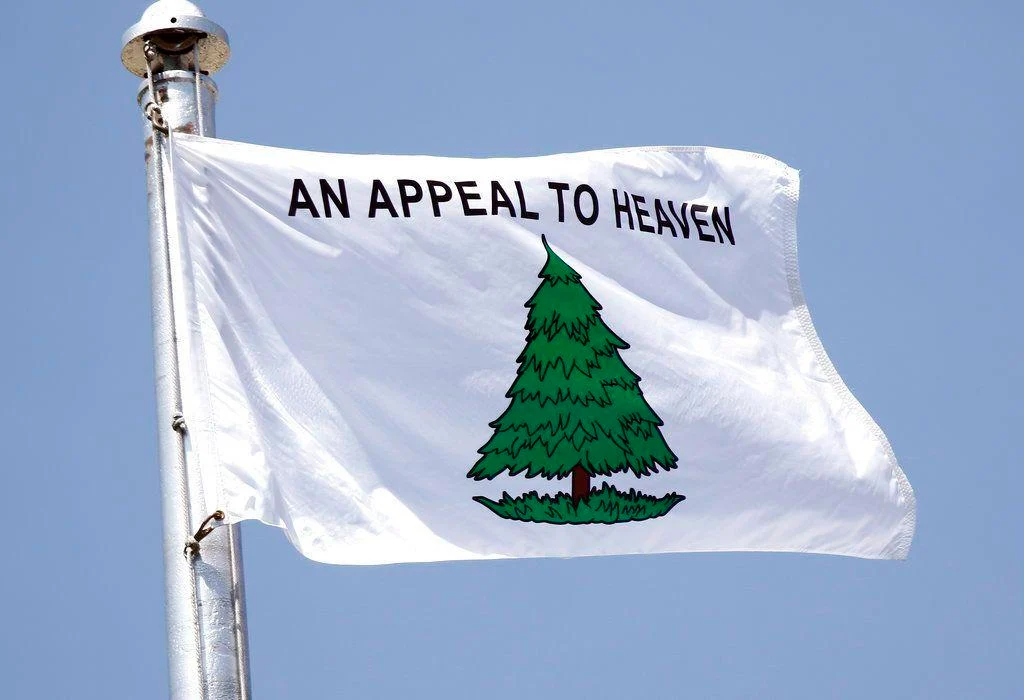
Oaths of Office and the Sacred Pledge
When George Washington took the oath of office, he placed his hand on a Bible and spoke the words so help me God. Many who followed chose the same posture. No law forces this. Reverence invites it.
This practice has meaning. It says that authority is stewardship. It says leaders answer to a higher standard. Judges, legislators, officers, and local servants take similar oaths to remind themselves and the people that power without humility becomes dangerous.
The oath turns ceremony into covenant. It binds the work of government to the work of conscience and keeps the nation mindful that justice stands under the eye of heaven.
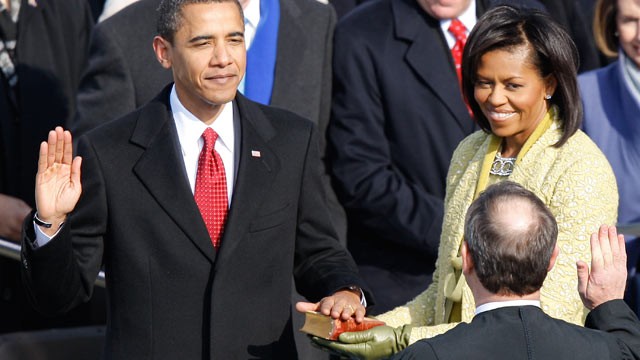
Blue Laws and the Sabbath Legacy
Across the colonies and the early republic, communities protected Sunday as a day for worship and rest. Blue Laws limited trade and certain kinds of work so that families and neighbors could gather without the pressure of constant commerce. The aim was not control. The aim was care for the soul and for the home.
Many such laws have faded, yet the memory remains. Some places still restrict retail or car sales on Sunday. Some states require premium pay for Sunday work. Others limit alcohol sales during worship hours. Different details, same insight. People need time to be still before God.
A society that never rests forgets how to reflect. It forgets how to give thanks. Sabbath patterns do not make a people weak. They make a people whole.
- In Bergen County, New Jersey, most retail stores remain closed on Sundays.
- Many states, including Texas, Minnesota, and Pennsylvania, restrict car sales on Sundays.
- Several states, like Indiana and Utah, limit alcohol sales during Sabbath hours.
- Massachusetts still requires higher wages for employees who work Sundays.
Education: Faith as the Foundation of Learning
School in early America began with Scripture. Clergy often taught the first classes. Church halls often served as the first rooms. The New England Primer used verses and prayers to teach letters because reading the Bible was the purpose of literacy.
Harvard in sixteen thirty six trained ministers. Yale in seventeen oh one followed the same calling. Princeton in seventeen forty six grew from Presbyterian fervor. Columbia in seventeen fifty four started under the Church of England. Their founders believed that knowledge is sacred and that learning should serve both God and neighbor.
Education aimed to shape minds and souls. Citizens who read Scripture, understood moral law, and loved wisdom could sustain a free republic. That vision built a nation. It can renew a nation as well.
Presidential Proclamations and National Prayer
Again and again, presidents have called the nation to prayer, fasting, and thanksgiving. George Washington’s proclamation in seventeen eighty nine asked the people to thank Almighty God. Abraham Lincoln urged repentance during the Civil War. Franklin D. Roosevelt prayed with the country on D Day.
These words do more than fill a calendar. They point hearts to the One who holds history. They remind leaders and citizens that human strength is never enough and that mercy and courage come from above.
The National Day of Prayer continues this work. It gathers churches, families, and public servants around a simple truth. A people who pray together can endure trials and rebuild hope.
Mottos, Inscriptions, and Civic Faith
Look across our capital and you will find the testimony carved in stone. In God We Trust appears on our money and stands as our national motto. One Nation Under God was added to the pledge during a time when moral clarity mattered.
The Great Seal declares that God has favored our undertakings. The Capitol, the Lincoln Memorial, and the Library of Congress include words that honor Scripture and the divine. The Washington Monument holds phrases like Search the Scriptures and Holiness to the Lord. These are not relics for tourists. They are reminders for a people who want to remain free.
Such words teach without raising a voice. They call us to humility and gratitude. They steady the soul of a nation that still needs the guidance of heaven.
The Northwest Ordinance: Linking Religion and Good Government
In seventeen eighty seven, the Northwest Ordinance joined religion, morality, and knowledge as necessary to good government and human happiness. It commanded that schools and education be encouraged forever. That is a statement of faith and wisdom in one breath.
Before the Constitution took full effect, this ordinance set the tone for new states and new towns. It expected that churches and schools would rise together and that a free people would love learning and love virtue. The policy looked forward, yet it stood on very old truth.
When we speak of the American experiment, we should remember what it requires. Wealth cannot replace character. Force cannot replace faith. A republic lives when its citizens are taught to be good and taught to be grateful.
Religious Freedom: A Christian Principle
Some say that the First Amendment proves a secular founding. The opposite is closer to the truth. Religious freedom protects faith from control so that belief can be sincere. It honors conscience because God wants willing hearts, not coerced words.
The founders had watched the damage done by state controlled religion. They chose a better way. No religious test for office. No national church. Free exercise for every soul. That is not a retreat from God. It is a wise acknowledgment of how faith works.
In this space of freedom, churches can preach, families can worship, and neighbors can disagree without fear. That arrangement is not an accident. It reflects a Christian understanding of personhood, love, and truth.
Embracing and Preserving Our Christian Heritage
Honesty serves us best. The record is clear and rich. America was founded as a nation shaped by Christian conviction and sustained by Christian hope. From the character of the founders to the customs of the people, from the words in stone to the prayers in crisis, the fingerprints of faith are everywhere.
This truth does not push anyone out. It invites everyone in. The same principles that formed our beginning protect the conscience of every neighbor today. Dignity. Liberty. Responsibility before God. These are gifts that bless the whole community.
To remember this story is not to impose belief. It is to give thanks for the wisdom that guided our start and to renew that wisdom for our future. Let us keep faith with what is best in our past. Let us honor God with grateful hearts. A nation that remembers its Maker remains strong, united, and free.

